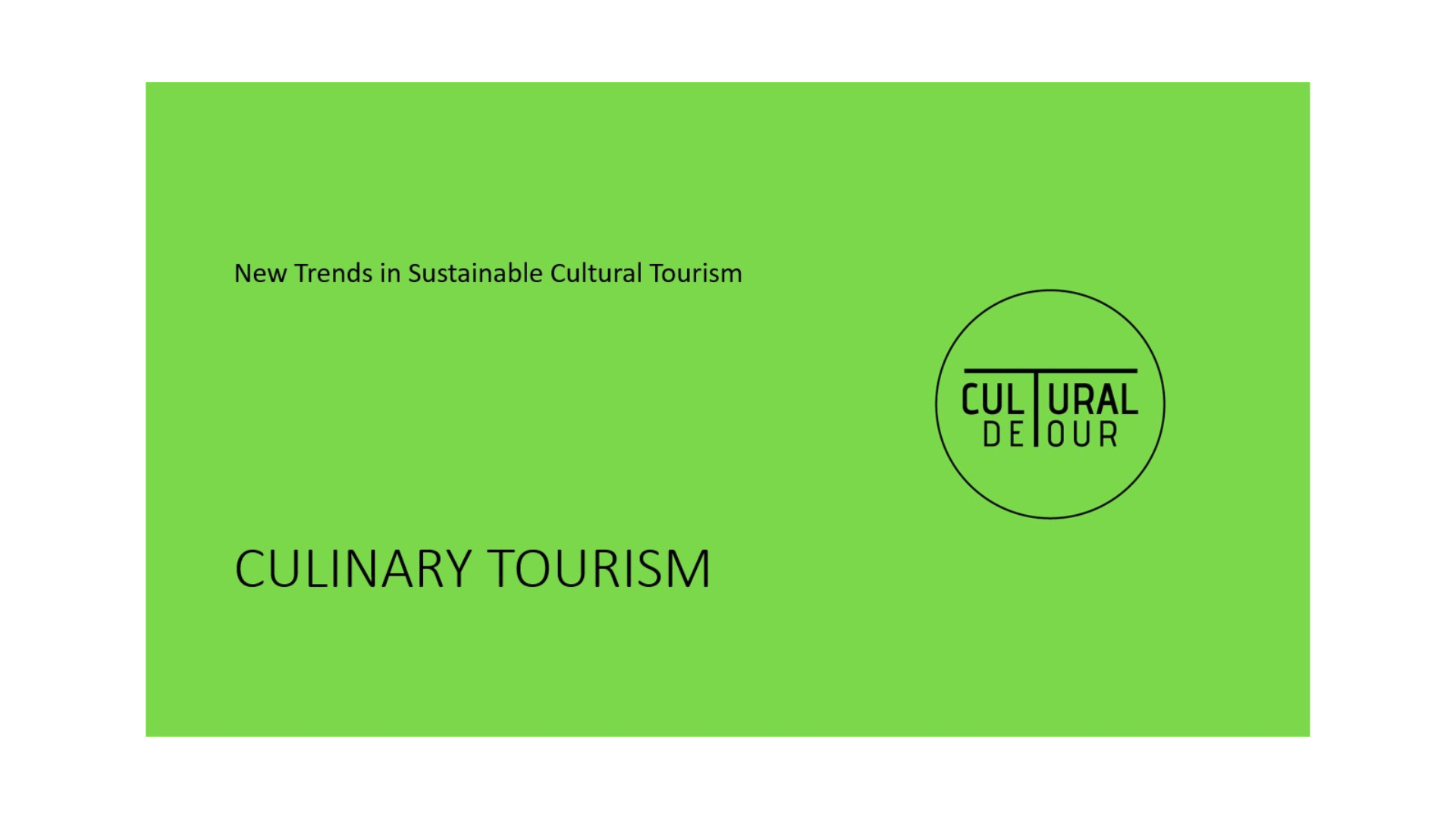Module 7: Culinary tourism

The final chapter of the first course delves into culinary tourism, exploring the intricate relationship between food culture and destination identity. Participants uncover the positive impacts on local communities and learn strategies for promoting sustainable culinary tourism. Through case studies, they gain insights into successful integration, fostering a holistic understanding of this enriching form of travel. Culinary tourism involves experiencing and savoring local food, beverages, and traditions, driven by a demand for authentic and immersive experiences. It aligns with sustainable travel principles, emphasizing locally sourced ingredients and cultural preservation. Culinary activities drive tourism growth by offering immersive experiences like guided food tours, cooking classes, and culinary festivals. Successful initiatives like Taste of Thailand, Italian Hospitality, and Taste Portugal highlight the effectiveness of promoting culinary heritage to attract travelers, supporting local economies, and preserving traditional food culture. Culinary tourism presents significant opportunities for entrepreneurs and enriches cultural tourism experiences.
Take a video course and then proceed to quiz bellow